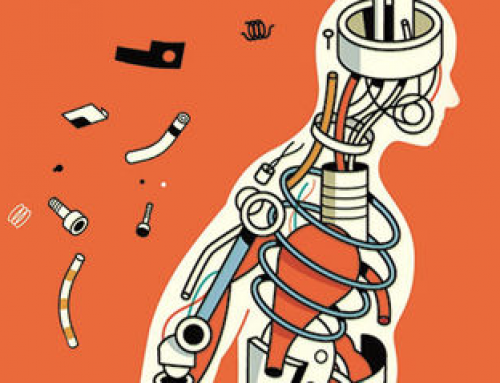When I was a kid living in the rural Waikato we had one local radio station that played music. All sorts of music. Everybody, young and old, listened to it because it was the only one. We all heard the music each other liked, from country and rock and roll, to opera. To some degree, we all walked in each other’s worlds. We were able to empathise with each other.

Nowadays, we can tune into whatever turns us on and we can focus only on what we like. This can have two catastrophic consequences: Firstly, we can become trapped in our own narrow sphere and miss out on the beauty of the diverse world we live in. Secondly, we lose the ability to empathise with others so, when we do try to connect, we don’t know how to talk to them. Disconnection is happening more and more often.
The same thing happens when we develop expertise in a particular area. In this age of exploding knowledge of just about everything, our jobs and recreational pursuits are becoming more and more specialised.
Can anything be done?
Alan Alda, of MASH fame, believes the answer lies in learning to become more empathetic. He has shown that through the practice of improv, as used in drama tuition, medical and other professionals achieve more positive outcomes through improved communication. His courses start with participants mirroring other’s movements and learning to read their intentions. The key to this activity is the person being ‘followed’ accepting the duty of care in ensuring the ‘follower’ succeeds. This requires participants to tune in to each other. In other words, to develop empathy.
There is a much quoted adage in customer service of “walking in the customer’s shoes”. However, as we move from novice to expert our behaviour and use of specialised language becomes more intuitive and unconscious. We are drawn inexorably into the music of our chosen field and lose the ability to listen to that of others. We don’t realise that the drivers of what we do and say are invisible to other people. Many authors describe ‘perspective-taking’ as one of the keys to understanding another person’s point of view. Clearly, this requires empathy.
A popular, yet unhelpful, notion is that to explain what we know to someone outside our field of expertise we have to ‘dumb it down’. With a little thought we quickly realise this idea is arrogant, insulting and even potentially dangerous. In his book, Don’t be Such a Scientist, marine scientist turned film-maker Randy Olsen, sums it up beautifully. He writes, “Dumbing down refers to the assumption that your audience is too stupid to understand your topic. So, you water down all the information or just remove it, producing a vacuous and uninteresting version of what in reality is complex and fascinating.” This is hardly an exercise in empathy.
We can learn techniques of simplification, how to avoid jargon and principles of adult learning. However, unless we also tune in to the music of our audience perhaps we will simply just be babbling.
Stayed tuned withThe Bats Team






Leave A Comment